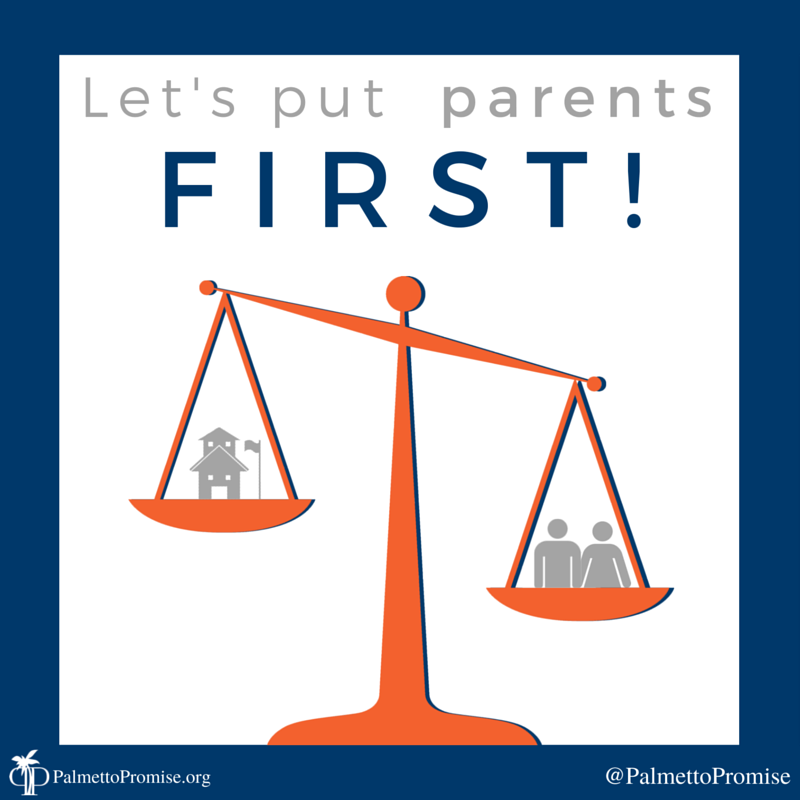ESA’s Put Parents First

Adam Crain
What is a parent’s role in the education of their child? Of course, parents are the primary teachers of infants and those too young to attend school, but once beginning school in the modern education system, how has the parent’s role in education changed?
Gerard Robinson, a Fellow at the American Enterprise Institute, recently published, “Putting Parents First” in US News and World Report. He wades into how parents have historically been involved in the education process throughout the twentieth century, and gives us some indicators on how to move forward. He writes:
“Though all states had compulsory education laws by the first quarter of the twentieth century that shifted the focus away from parent-controlled education, decades of competition between parents, the state and even federal agencies eventually restored some power back to parents.
In recent times, the state has delegated even more power to parents when it comes to the education of children. Our laws entrust parents with the right to choose a learning environment that best suits the needs of their child – be it a public, private, home or virtual learning model. At the same time, our laws impose penalties on parents for failure to provide an education to their children up to a certain age. While it is impractical for government to force parents to be better stewards of their child’s education through policy alone, adopting parental choice laws has become a popular policy option for many policymakers seeking to expand opportunity through education.”
The crux of the article is this – a healthy and productive civil society requires both a modern education system and the opportunity for parents to make substantive decisions about their children’s education. South Carolina needs both!
We at Palmetto Promise Institute thinks the perfect door for creating a healthy dynamic between educators and parents can be found through Education Savings Account (ESA) legislation. With an ESA account, parents would be able to use state funds to customize an education program that best suits their child’s need. Whether that be paying for tutoring, paying tuition at a private school, or buying better supplies for their child to use during their education, ESA’s recognize that parents generally know best what helps their child succeed.
Keeping a healthy balance between the role of the state and the role of parents in the education system is vital to South Carolina’s future, and Education Savings Accounts are one great option to help achieve that goal.




